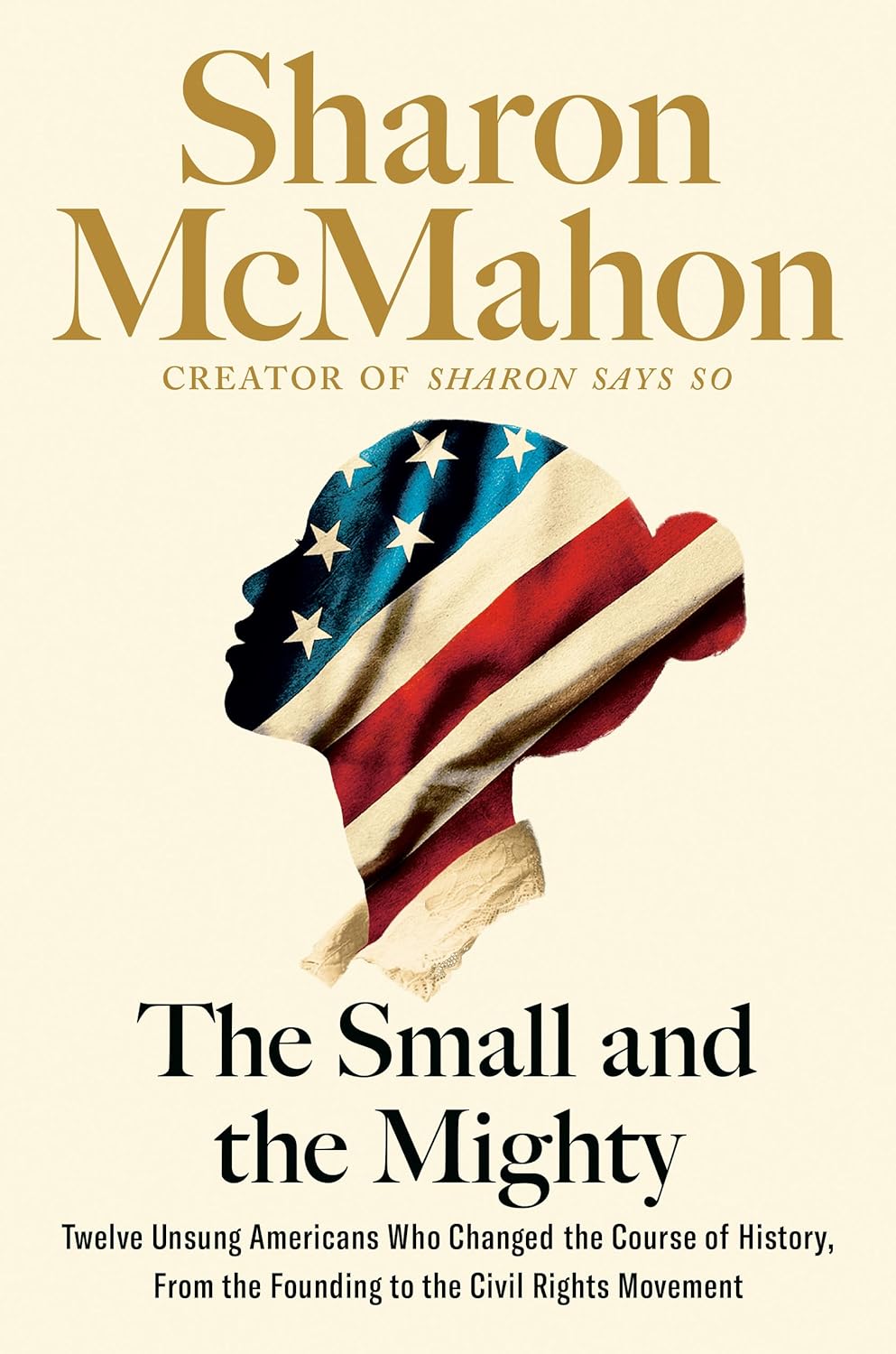Chapter 17: Booker T. Washington_Virginia, 1856
byChapter 17 highlights the early life and challenges of Booker T. Washington, born in Virginia in 1856, into slavery. He was denied a last name because his mother was enslaved and his father was unknown. Washington’s desire for education was strong, but he was barred from attending school and could only watch the daughters of his enslavers learning from outside a one-room schoolhouse. After the Civil War, when his mother gained her freedom, Washington’s family faced severe poverty, which prevented them from obtaining proper education. They eventually moved to West Virginia, where Washington worked in a salt factory for his stepfather, Wash Ferguson, who kept the wages. His determination to learn led him to teach himself how to read, beginning with the number “18” marked on barrels, which sparked his deeper desire for formal schooling.
At the age of nine, despite his stepfather’s opposition, Washington enrolled in school, adopting the surname “Washington.” He worked hard in various jobs to save money for further education and eventually traveled to the Hampton Industrial and Normal School in Virginia, a school designed for Black Americans. There, he impressed the staff with his dedication when he was cleaning classrooms, leading to his acceptance into the school. To cover tuition, he took a janitorial position, which allowed him to continue his studies. This early experience at Hampton shaped Washington’s views on education, teaching him the value of hard work and self-discipline, principles that would guide him throughout his career.
Washington’s time at Hampton was pivotal in shaping his educational philosophy. Founded by Samuel Armstrong, Hampton aimed to offer vocational training and moral guidance to African Americans in the post-Civil War era. Armstrong, while an advocate for education, held complex views, particularly opposing Black voting rights, believing instead that moral development and vocational training were the most important paths for African Americans. Washington admired Armstrong but also disagreed with some of his views, particularly regarding the importance of political engagement. Armstrong’s influence, however, solidified Washington’s belief that practical, vocational training was essential for the advancement of Black Americans. This mindset became a cornerstone of Washington’s later work, especially as he worked to build Tuskegee Institute, an educational institution he founded in 1881 to provide similar opportunities to Black students.
In 1881, Washington moved to Tuskegee, Alabama, with minimal financial support to establish a school for African Americans. Faced with significant financial limitations, he was forced to fundraise extensively, relying on donations from local supporters. Washington’s efforts were greatly aided by his autobiography, Up from Slavery, which garnered significant attention and attracted support from philanthropist Julius Rosenwald. Despite the challenges of facing racial violence and financial hardship, Washington remained committed to empowering African Americans through education, which he saw as the key to economic independence and social progress. His unwavering dedication to education laid the foundation for the Tuskegee Institute, which would become one of the most prominent schools for Black Americans in the United States.
The partnership between Washington and Rosenwald resulted in a transformative initiative that created nearly five thousand schools across the United States. These schools provided crucial educational opportunities and resources to African American children, particularly in rural areas. By emphasizing community involvement and local fundraising, Washington and Rosenwald were able to build a lasting legacy of educational empowerment for Black Americans. This initiative not only changed the lives of individual students but also had a profound impact on the development of African American communities throughout the country. The schools they established became beacons of hope, providing the foundation for future generations of Black leaders and advocates for civil rights, social justice, and equality in America. Washington’s work, alongside Rosenwald’s philanthropy, played a pivotal role in shaping the social landscape of the United States, influencing both education and the broader civil rights movement.

